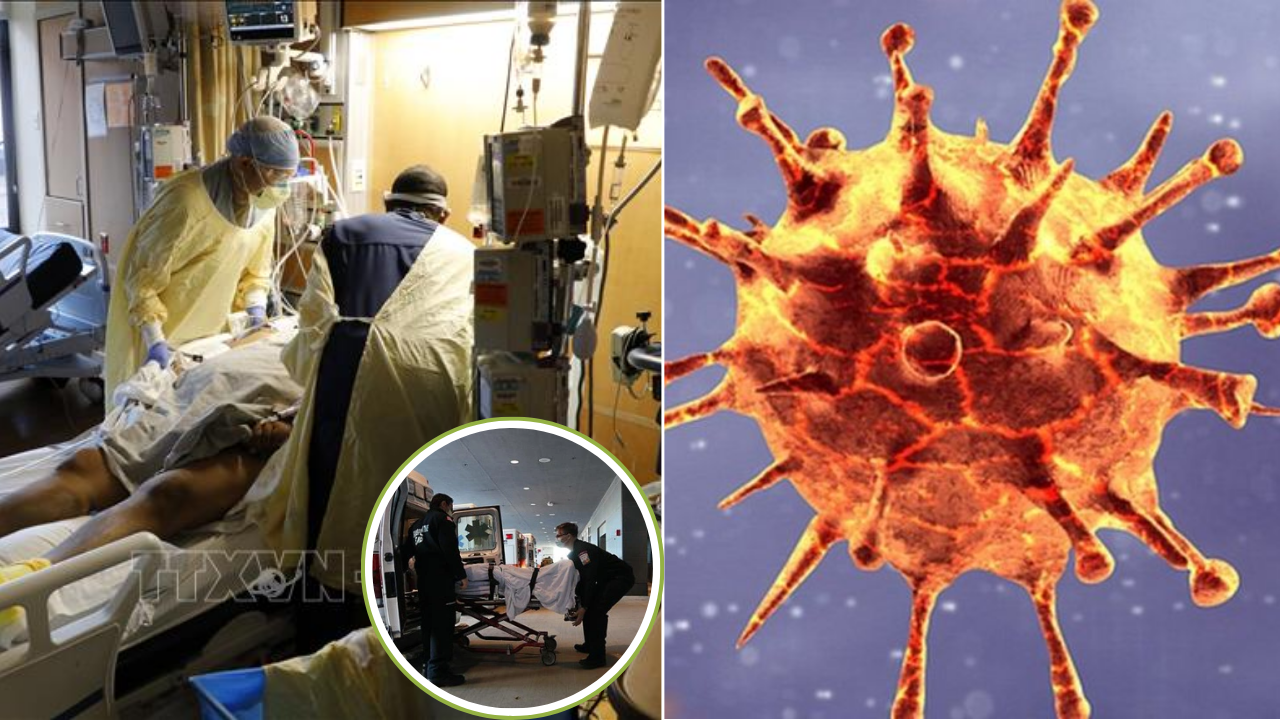USA: Discovery of New COVID-19 Variant Causes Public Concern
The United States is facing the emergence of a new COVID-19 variant, identified as JN.1, which is causing concern within both the community and healthcare circles. This variant is spreading rapidly and raising questions about the effectiveness of current vaccines.
Pandemic Developments and Public Anxiety
Recently, multiple states across the U.S. have reported a sudden increase in COVID-19 cases, with the JN.1 variant suspected as the main driver behind this surge. The rapid spread of JN.1 has heightened public concern over the possibility of another wave, especially as winter approaches, a season when respiratory illnesses are more prevalent.
Many people are worried as the JN.1 variant appears capable of evading both natural immunity and vaccine protection, posing a risk even to those who are fully vaccinated. The Centers for Disease Control and Prevention (CDC) has issued guidelines urging citizens to maintain preventive measures and emphasized the importance of booster vaccinations to enhance immunity.
JN.1 – A Vaccine-Resistant Variant
Preliminary studies indicate that JN.1 is a subvariant of Omicron, with high transmissibility and increased vaccine resistance. This means that even individuals who have completed the full COVID-19 vaccination series may still be at risk of contracting this variant. Of particular concern are early indications that JN.1 may cause more severe symptoms in immunocompromised individuals and the elderly.
Currently, U.S. health agencies are intensively researching the characteristics of JN.1 to formulate appropriate responses. The CDC has also advised hospitals and healthcare facilities nationwide to prepare for a potential rise in cases.
Preventive Measures and Government Recommendations
In response to the complex situation, the U.S. government continues to stress the importance of vaccination. Updated vaccines and booster doses are recommended for high-risk groups, such as the elderly and those with underlying health conditions. Citizens are also encouraged to adhere to preventive measures, including wearing masks in crowded public areas, frequently washing hands, and practicing social distancing.
Additionally, authorities have warned that JN.1 symptoms may closely resemble those of common influenza, such as cough, fever, and difficulty breathing. Early detection and isolation of infected individuals will help curb the spread of this variant.
Conclusion
The emergence of the JN.1 variant serves as a reminder of the continued risks posed by COVID-19 and the importance of not becoming complacent with pandemic precautions. While the pandemic’s peak may be over, the virus remains capable of evolving and adversely affecting public health.
